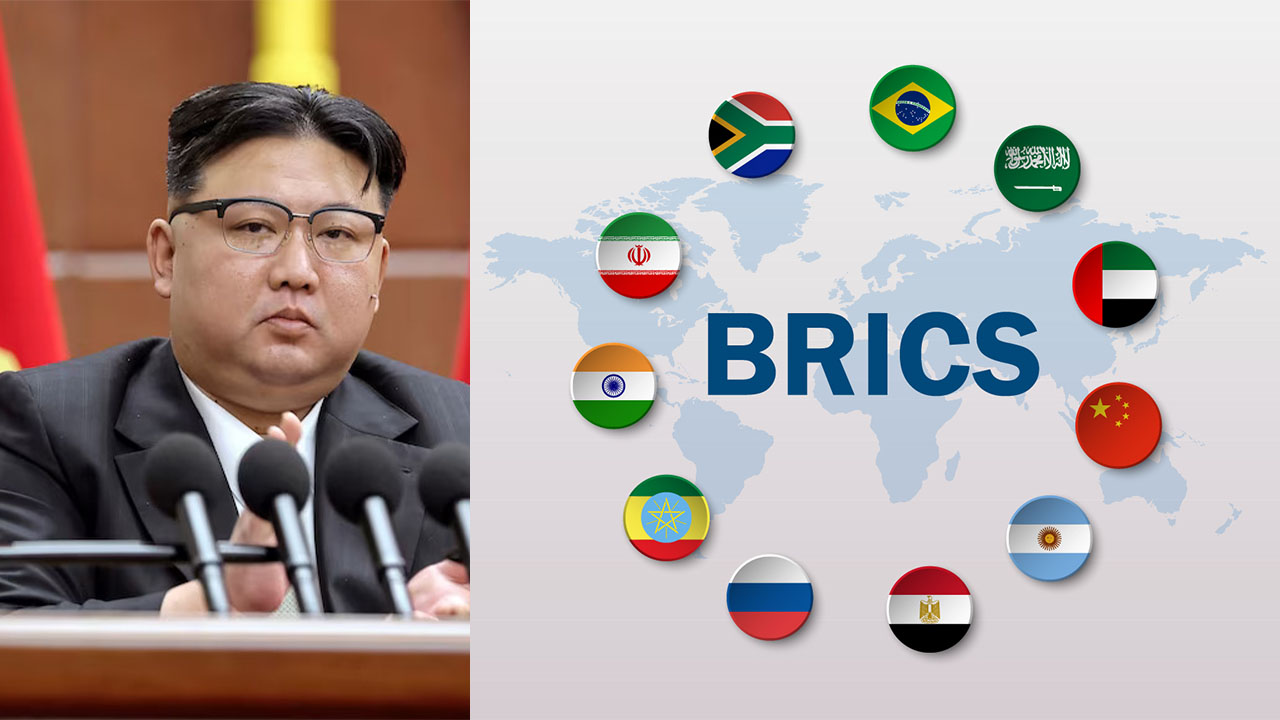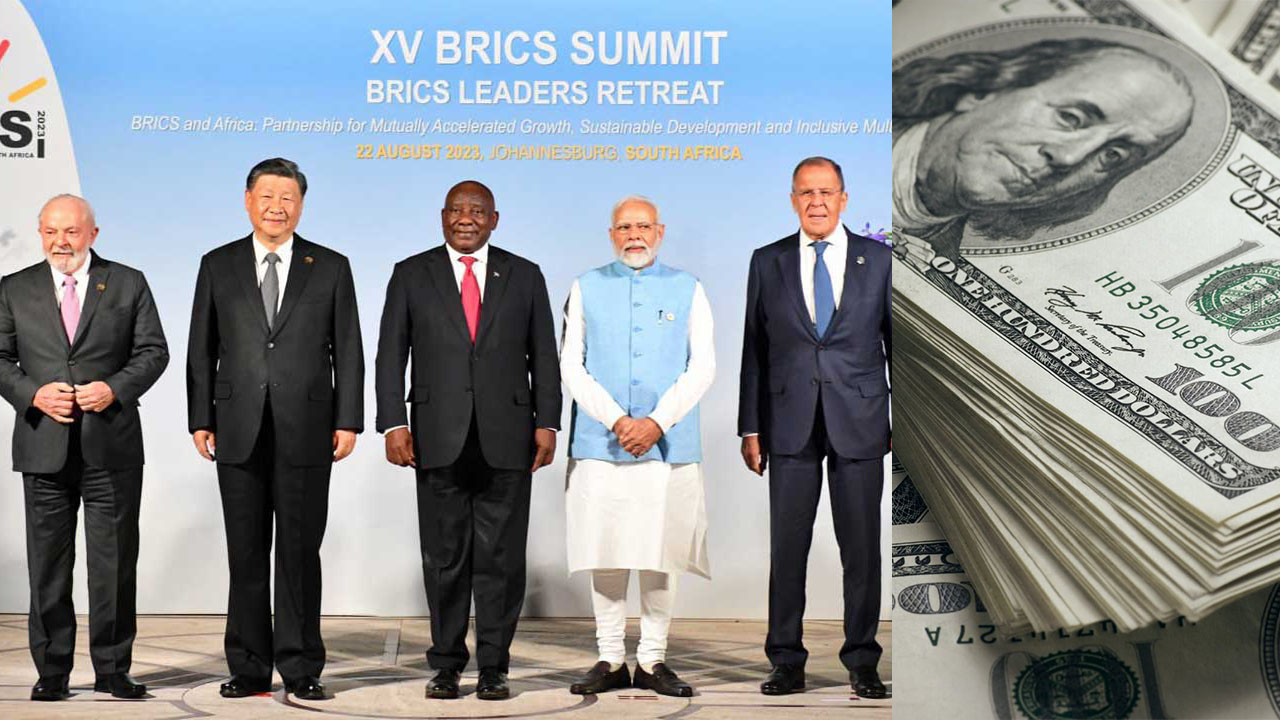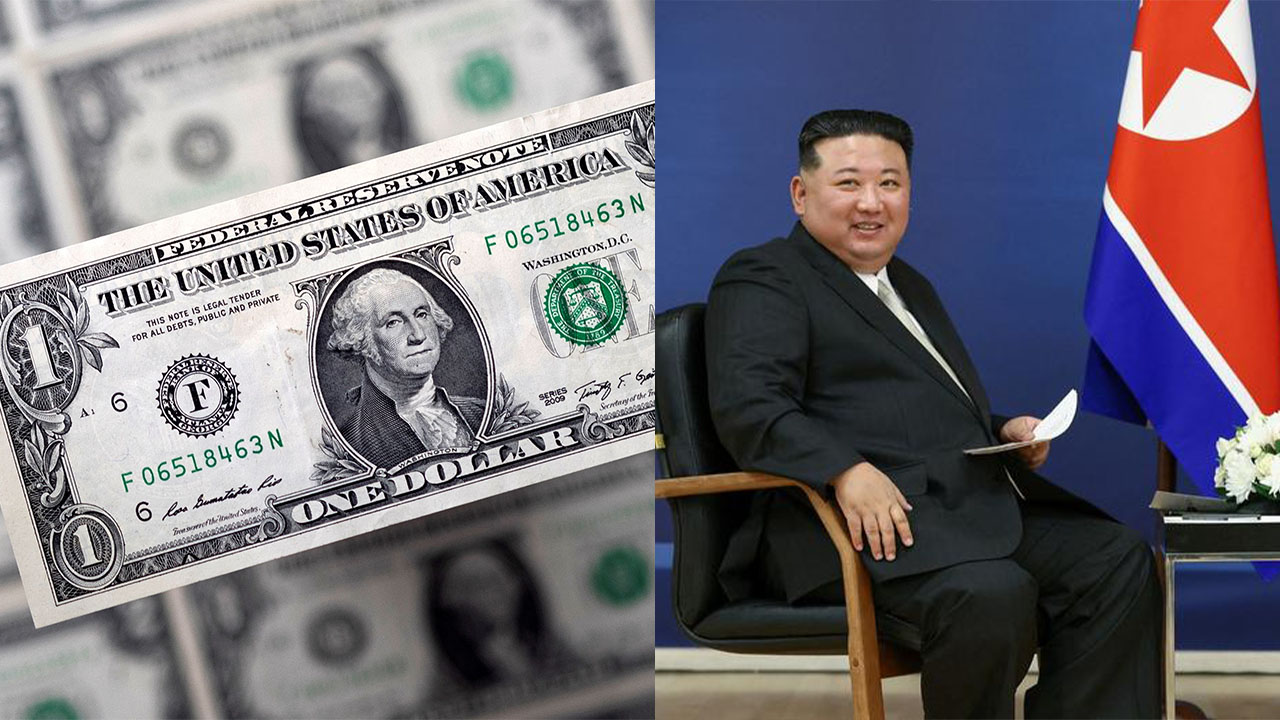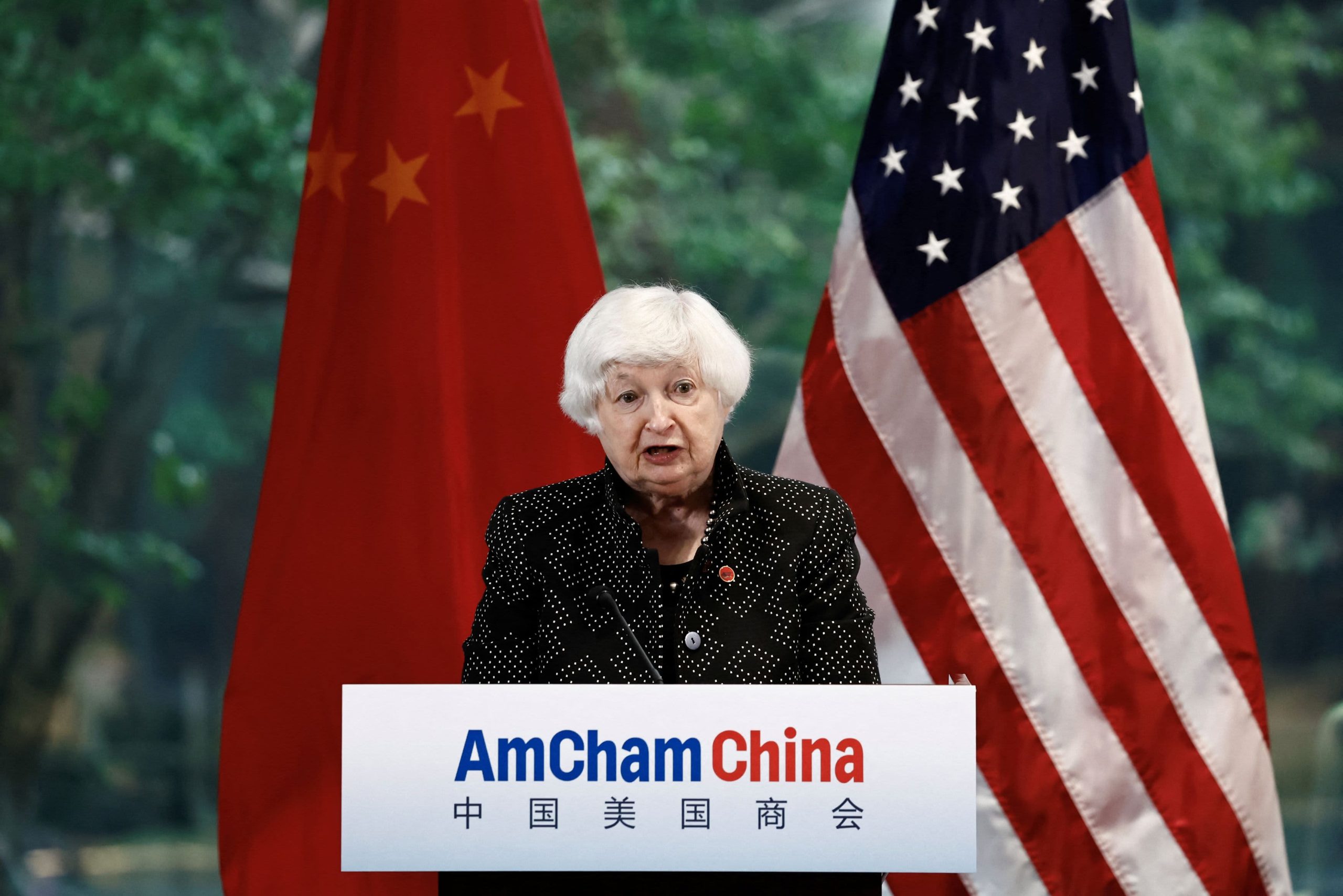North Korea has shown interest in joining the BRICS bloc, signaling a shift from its longstanding policy of geopolitical isolation.
As a nation often marginalized on the global stage, North Korea has begun to pivot away from its isolationist stance by fostering relations with Russia and Iran.
This desire to align with BRICS comes at a pivotal moment when the member countries are consolidating their strength, forming deeper economic partnerships, and gradually altering the global geopolitical and financial world.

Additionally, they are challenging the dominance of the United States by going through alternatives to the US dollar.
For North Korea, membership in BRICS presents an opportunity to bolster economic ties, secure support, and potentially circumvent the stringent sanctions it currently faces.
Becoming a part of the bloc could grant Pyongyang access to alternative payment systems, thereby lessening its reliance on the Western-controlled SWIFT network.

Moreover, North Korea’s objective to counter US influence aligns with the overarching goals of other BRICS members like China and Russia.
Consequently, joining this intergovernmental organization could afford the totalitarian state greater autonomy and international recognition.
While North Korea’s inclusion in BRICS would pose notable challenges, it could signify a positive stride forward.
Presently, BRICS consists of 11 members, including Brazil, Russia, India, China, South Africa, Saudi Arabia, Iran, Egypt, Ethiopia, Argentina, and the United Arab Emirates.







Leave a Reply